Public Debate: Agroecology in the EU: an unique opportunity for European food and agricultural model
European Parliament
Altiero Spinelli Building – A1G-2 room
Thursday, 17 September 2015, 9h- 13h15
Brussels, Belgium
European Coordination Via Campesina in collaboration with Coventry University organises a public debate on Agroecology, based on the work achieved by the food producers worldwide that agreed on common understanding of the principle of Agroecology as presented in the declaration of the International Forum for Agroecology (2015). The conference will be an opportunity to discuss the public policies needed in order to support and implement agroecology in Europe with representatives from EU institutions and the scientific community in Europe. The public debate will be held in the European Parliament building and hosted by MEP Lidia Senra Rodríguez (GUE/NGL). Representatives of farmers and small-scale food producers’ organisations will challenge EU institutions and the scientific community through an interactive debate.
The event will be held in English and Spanish. Overall objectives of the debate:
- Increase the knowledge and understanding on Agroecology within the EU
- Present the declaration of the International Forum for Agroecology to the EU institutions and the scientific community in the EU
- Discuss the public policies needed in order to support and implement agroecology in Europe
- Strengthen the dialogue between farmers and small-scale food producers’ organisations, EU institutions and academics in the EU in order to identify key challenges and opportunities within the framework of agroecology.The European Coordination Via Campesina brings together 28 small-scale farmers and agricultural workers’ organizations from different European countries. The principal objective of ECVC is the struggle for food and agricultural policies based on the principles of legitimacy, fairness, solidarity and sustainability, which are necessary in Europe to ensure food security, food safety, public health, employment in rural areas and to tackle the issues of the global food crisis and climate change.
9:30 – 9:45 Welcoming remarks by Andrea Ferrante, representatives of ECVC (presentation of the declaration of the International Forum for Agroecology)
9:45 – 10:30 Session 1 – Agroecology a concrete reality
Moderated by Maryam Rahmanian, member of the Steering Committee of the High Level Panel of Experts on food security and nutrition (HLPE)
- Jyoti Fernandes, Representatives of ECVC, Agroecology in Europe as a reality: concrete experiences on acroecology within the EU
- Expert on the Agroecology policy in Brazil (tbc)
- Michel Pimbert, Executive Director of the Centre for Agroecology, Water and Resilience (Coventry University), Agroecology and research
10:30 – 11:15 Coffee break
11:15 – 13:15 SESSION II – Roundtable: Agroecology in the EU
Moderated by Andrea Ferrante, representative of ECVC.
- Lidia Senra Rodrìguez, MEP of the European United Left – Nordic Green Left group (GUE/NGL) in the EP, Member of the Committee on Agriculture and Rural Development
- Paolo De Castro (tbc), MEP of the Socialist and Democrats group (S&D) in the EP, Member of the Committee on Agriculture and Rural Development
- Representative of the European People’s Party (EPP) in the EP (tbc)
- Maria Heubuch (tbc) Greens/EFA-MEP, Member of the Committee on Agriculture and Rural Development
- Iman BOOT, Deputy Head of Unit Research and Innovation, European Commission, Directorate General for Agriculture & Rural Development
- Claudia Olazabal, Head of Unit B1 – Agriculture, Forests & Soil, European Commission, Directorate General for Enviroment
- Unai Aranguren, Representatives of ECVCOpen debate
13:00 Conclusions
13:15 End of the public debate
As agriculture in Europe is already facing several challenges expected to become more severe in the forthcoming decades, farmers are being asked to change models of production to feed a growing population, to lessen the farming ecological footprint, to mitigate climate change while adapting to its vagaries.
Agroecology is a social and productive framework/movement that accumulated knowledge and wisdom of rural peoples, organized in a dialog among different kinds of knowledge (diálogo de saberes). The production practices of Agroecology (such as intercropping, traditional fishing and mobile pastoralism, integrating crops, trees, livestock and fish, manuring, compost, local seeds and animal breeds, etc.) are based on ecological principles like building life in the soil, recycling nutrients, the dynamic management of biodiversity and energy conservation at all scales. Agroecology drastically reduces our use of externally-purchased inputs that must be bought from industry.
For this reason, Agroecology represents an unique opportunity for the agricultural and research agenda of the EU. Food producers organizations from all over the world have recently met in the international forum for Agroecology (Mali, February 2015) to develop a common understanding of Agroecology. The outcome is Agroecology for Food Security and Nutrition. Additionally FAO is currently holding, in different continents, regional conferences on Agroecology (Latin America, Africa and Asia).
The conference will be an opportunity to discuss the public policies needed in order to support and implement agroecology in Europe with representatives from EU institutions and the scientific community in Europe.
——————
Initiative with financial support from the European Union and Agroecology Fund. This event is part of the Hands on the Land Campaign, an education and awareness raising campaign carried out with the financial support of the European Union.

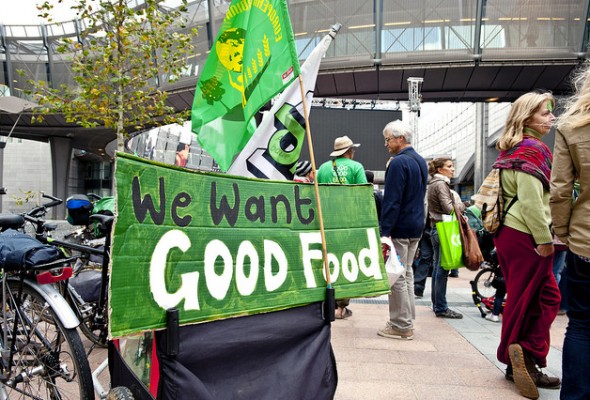
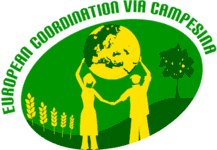
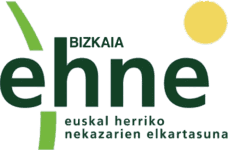

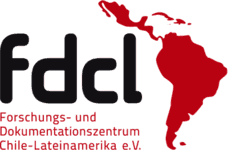
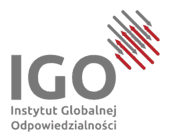
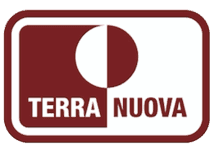
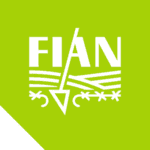
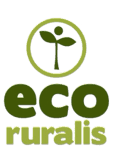

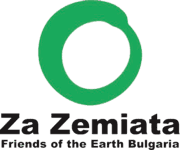
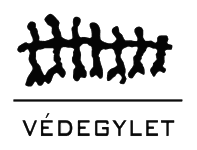
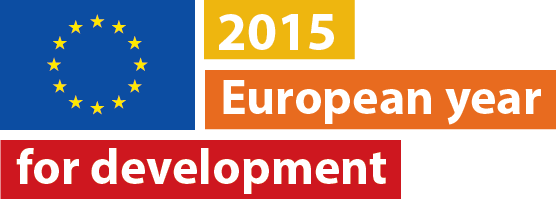
 This campaign is financially supported by the European Commission. The views expressed herein are not of the EC.
This campaign is financially supported by the European Commission. The views expressed herein are not of the EC.